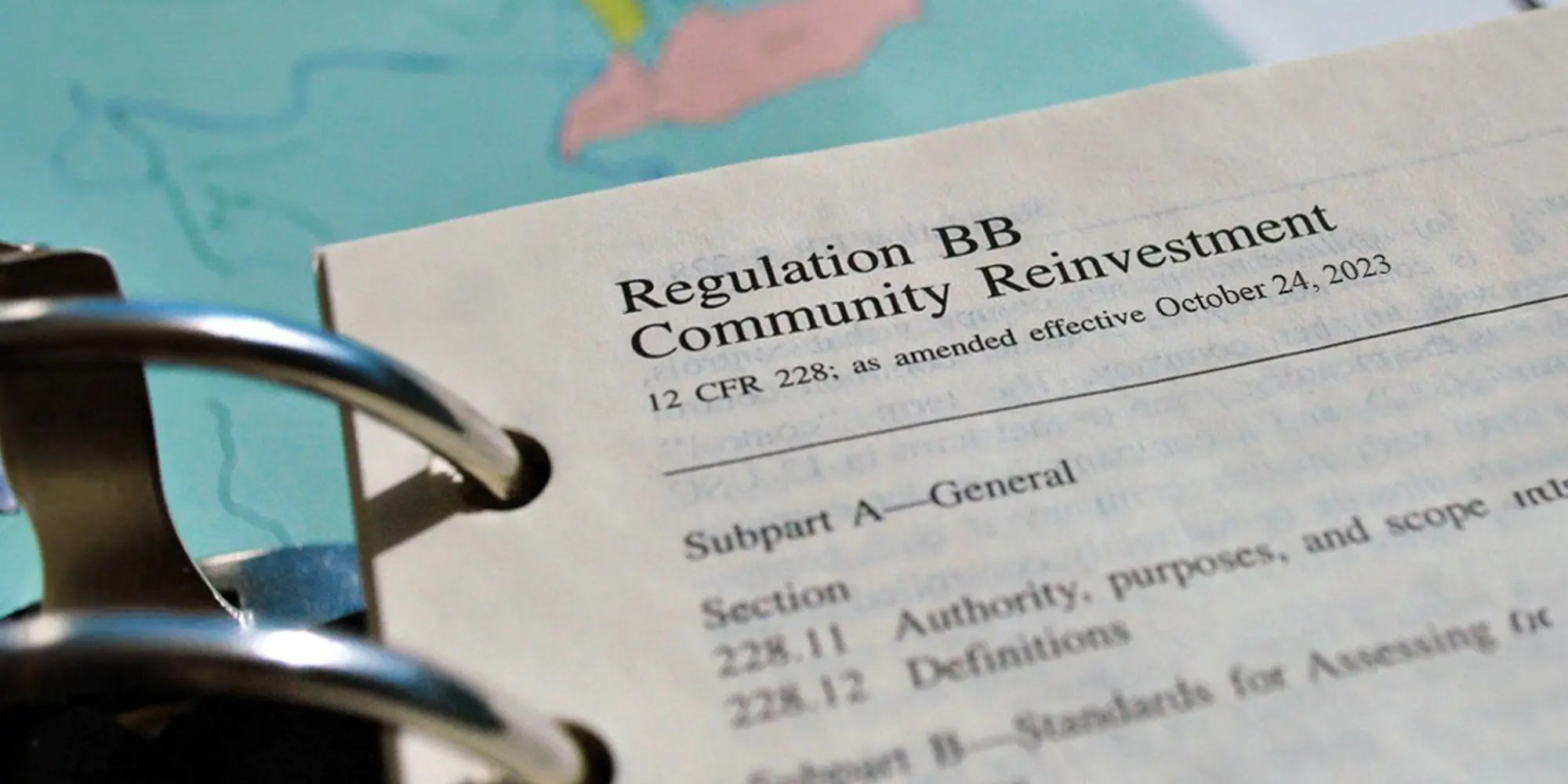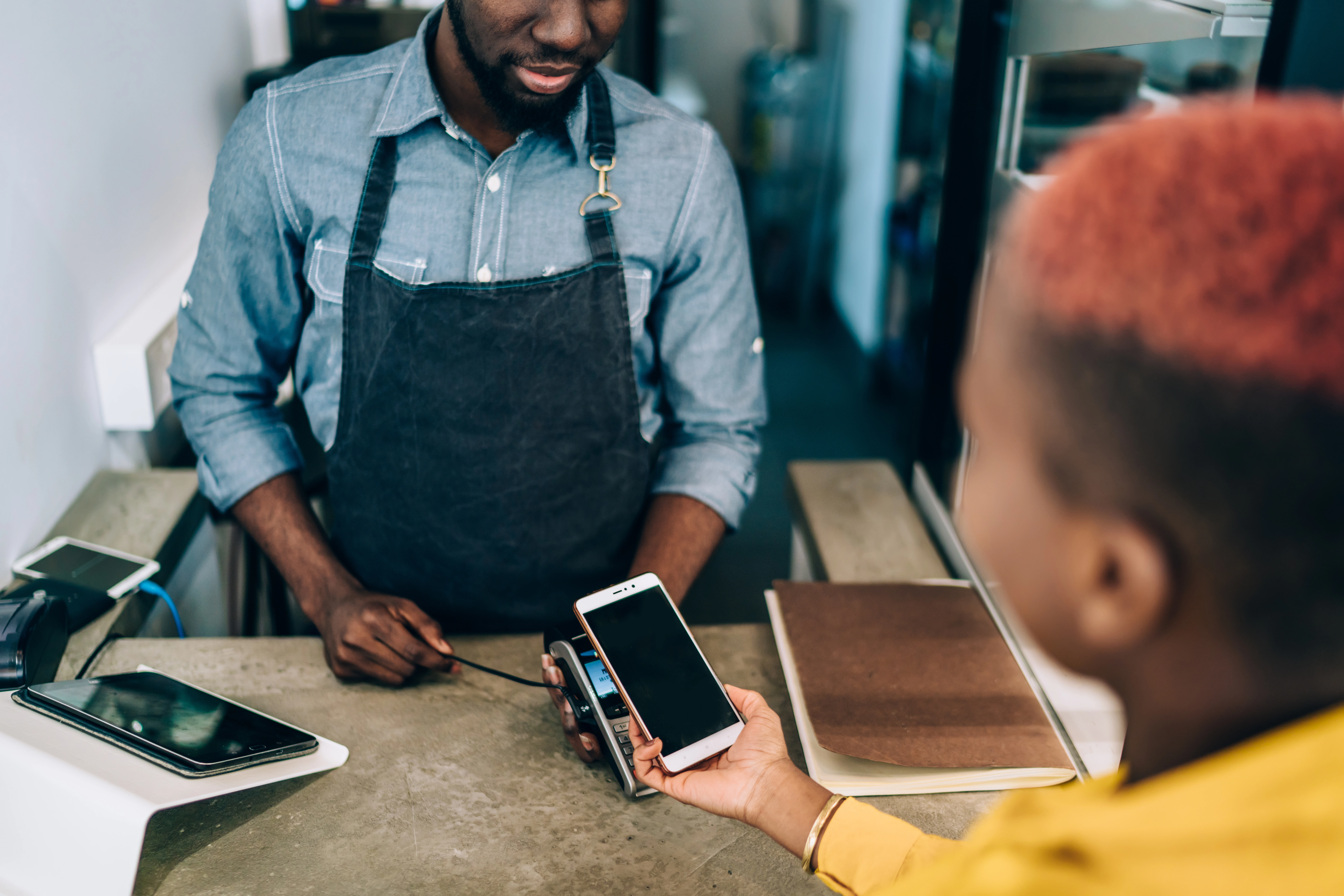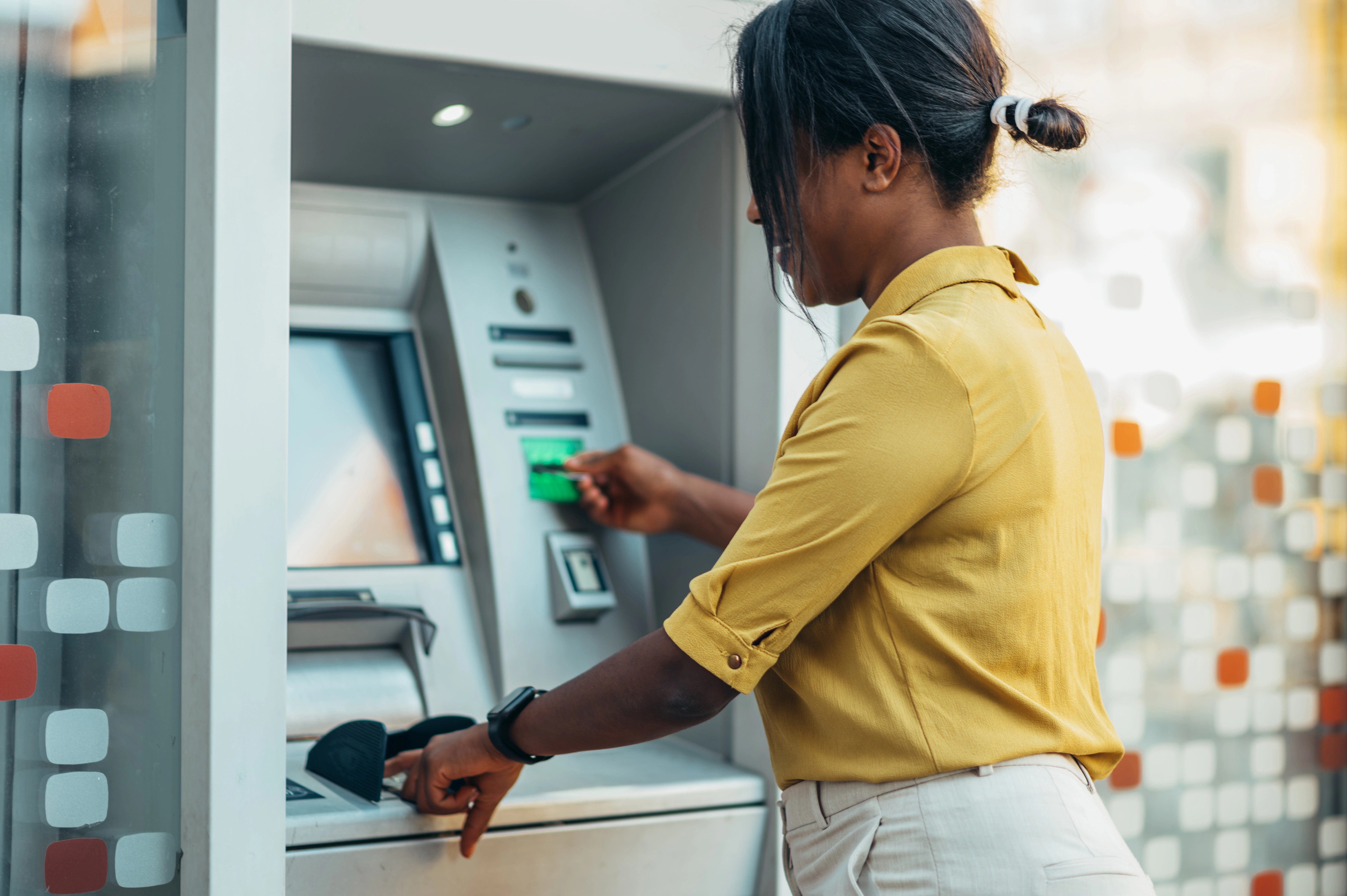Our society has been trending away from cash for a while, but the COVID-19 crisis accelerated the process. Online purchases and touchless in-person transactions complied with social distancing guidelines and eased fears of transmitting the virus. In the worst months of the pandemic lockdown, digital means were all but required for even the most basic transactions for food and household goods.
But too many people don’t have internet service, credit cards, or even a bank account. For them, the pandemic exposed the disparities inherent in the digital economy. From everyday transactions at shops that no longer take cash to access to the financial institutions essential to building a credit record, people who rely on cash are left out.
People of color, the poor, and the currently undocumented all use cash disproportionately in what has become a parallel economy — and a shrinking one. And there may be no population more completely excluded than the unhoused. Without a permanent mailing address, the unhoused have almost no point of entry to the digital economy.
Who Are the Unhoused?
The term unhoused has supplanted homeless in recent years among advocates. To most people, homeless describes those living on the street; unhoused encompasses a lot more. It includes people living with relatives, with friends, surfing couches, or living in shelters. The unhoused may have regular jobs and be active in their communities. They just don’t have continuous housing.
In many cases, unhoused people simply can’t afford housing. Between inflation and skyrocketing rents (up as much as 35% from pre-COVID rates over the past year alone), that gap is growing. During the pandemic, temporary eviction protections were put in place, but those provisions are expiring, and the unhoused population will inevitably grow as a result.
Most unhoused people are caught in a vicious circle. Without a permanent address, they can’t open a bank account or qualify for a credit card, which, in turn, precludes them from building a credit score. Without a credit record, it’s difficult, if not impossible, to find a permanent address to call home. It’s no surprise that there’s a significant overlap between people who are currently unhoused and people who are currently unbanked.
There is precedent for financial institutions working directly with the unhoused, but they will need to expand their efforts as this problem worsens.
Better Banking Solutions
In the simplest terms, the less money you have, the greater risk you pose to financial institutions. So, banks traditionally protect themselves either by charging onerous fees or shutting the door altogether.
The most common stopgap — prepaid debit cards — does offer digital currency to the unhoused, but at a significant cost. The list of fees charged for prepaid accounts is mind-boggling. People who don’t have enough money to pay rent are often charged for every transaction, including just checking their balance or even when they deposit money in accounts.
To be fair, banks must be cautious about cybercrime and identity theft, but the traditional methods of verification that require a permanent address and government ID are outmoded when it comes to ensuring access to basic services. There are other methods to verify a customer’s identity, and finding practical ways to use them for the unhoused is one crux of the issue.
Creativity when it comes to banking the unhoused is not just a way to demonstrate commitment to corporate social responsibility (CSR) agendas, it opens the door to a larger customer base. Helping the unhoused gain access to the digital economy is the first essential step to breaking the vicious circle and creating a virtuous one. Every person who establishes a credit history becomes a better credit risk, a more stable member of their community, and a prospective new customer.
The flip side of that should be alarming to financial institutions. With inflation and rents rising, the unhoused population is only going to increase. That means fewer customers and a widening gap in access to financial services. In a very real way, banks’ investment in underserved communities is a bet on their own growth over time.
Meet People Where They Are
Solving the crisis of the unhoused doesn’t fall only at the feet of financial institutions. Partnering with government and nonprofit entities is integral to finding approaches that work in the real world. It can’t be done by any one entity — there need to be public-private partnerships to address the issue.
Education is a big piece, but it’s not just about increasing financial literacy and teaching people how to use tools and resources. You can train a million people, but if it doesn’t result in opening bank accounts or utilizing credit and other financial resources, then it’s moot. We must build a system of support where we’re not only educating people but helping them apply that knowledge in real life.
When people have sustainable housing, it increases their chances to get better-paying jobs, which then can lead to asset attainment. In the end, the story is not so much about the impact of the transition to a cashless society on the unhoused. It's more about breaking down barriers to help them enter the digital economy.
The pandemic exacerbated so many social problems. But at the same time, it shed light on longstanding issues, and that awareness brings resources and support. The digital economy is a reality. If we want to make it a reality for everyone, we need to meet people where they are.
A housing policy specialist, Magaly Chavez works on Ichor’s Engagement Team in Long Beach, California. Gina Ricard is a core member of Ichor’s Financial Services and DEI Practices. She works out of the Chicago office on the Community Team.




